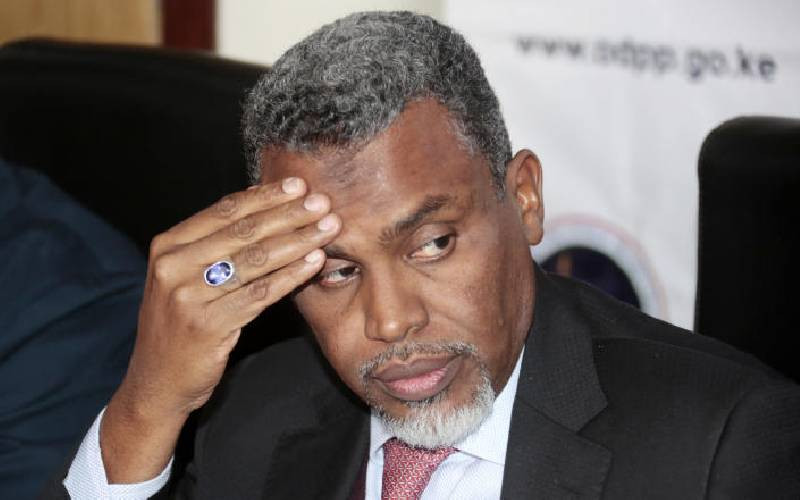×
The Standard e-Paper
Stay Informed, Even Offline

As the debate rages about taxes and tax evasion, Kenyan media should also illuminate the spotlight on the conduct of the Director of Public Prosecutions (DPP) Noordin Haji.
In the wake of the mass withdrawal of cases, we need to interrogate if he wilfully used a government office to run a partisan political agenda or if he was blindsided by the powers that be.







